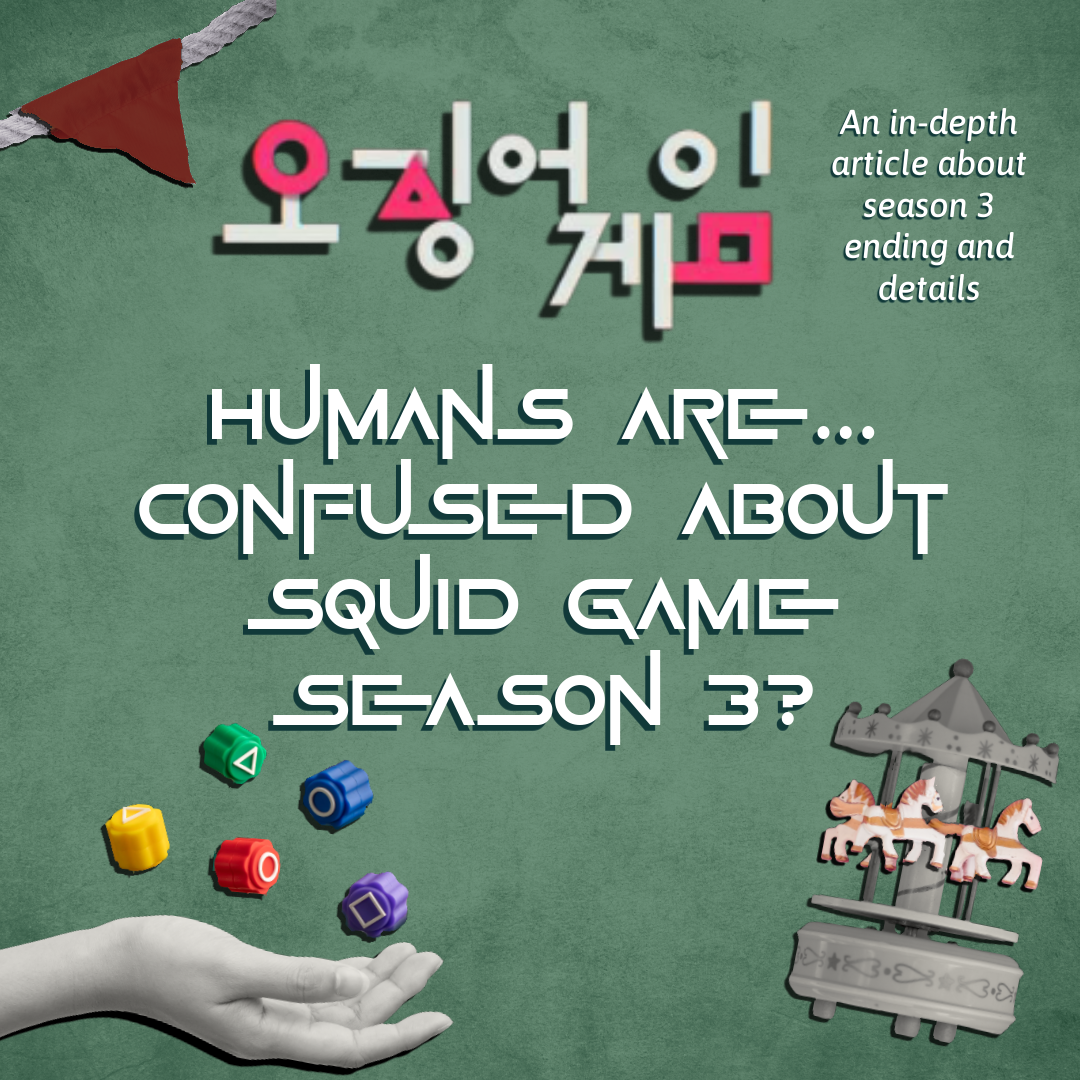Sharks- Those man-eating monsters. Those apex predators high on the food chain. Those big killing machines that infest our ocean… Is what I would say if I believed it. The main reason why the thought of sharks being murdering machines does not sit well with me is because there is no actual evidence to prove this. Are they killing machines? Yes, they are apex predators, but that does not mean they are human killing machines. They don’t have high mortality rates, they don’t like the taste of humans, their eyesight depends on the conditions, and, what many people seem to forget, they are animals.
Due to the media, we always view sharks as murderous creatures. We think sharks are these creatures that will hunt humans and eat everyone as depicted in media, but that is entirely not true. Mosquitoes have a higher human killing rate, at around one million yearly deaths as stated in an article talking about the deadliest animals as of 2022 by Statista, compared to the 6 yearly deaths by sharks as stated in the Florida Museum’s Yearly Worldwide Shark Attack Summary. While the Florida Museum article also mentions how there were 14 deaths caused by sharks in 2023, which is more than double the 6 yearly death rate seen in previous years, it still does not compare to other animal-related deaths.
Many people are picky eaters, which might be one thing we agree upon with sharks. Research suggests that sharks don’t like the taste of humans, and their bites are often due to curiosity or mistaken identity. Sharks don’t actively hunt humans, and in most cases where sharks attack humans it’s because they are disoriented or simply curious. An NOAA Article makes a claim on this and another point: sharks are old. Sharks have been alive for millions of years, and have only been interacting with humans for only a small portion of that time. Humans are not a big part of their diet and only focus on small fish or larger sea animals.
Sharks have great eyesight, but one of the reasons sharks will attack humans is because we look like prey to them. Sharks have good eyesight, and even if they didn’t they could use their receptors located in their noses to locate prey. The article “What to Do if You Encounter a Shark” by U.S. Master Swimming advises people to avoid murky waters. This is because murky waters make it harder to see, so the shark might confuse a finger for a small fish. An article talking about shark attacks published in Britannica also backs this up, claiming that while sharks do have great eyesight, the conditions of the waters will determine if they will decide to take a bite or not. It is well known how sharks confuse surfers for seals due to the shape underwater, but surfers will often look for big waves, which might mean that the waters are rough and make it hard to see, which in turn explains the shark attacks.
Another explanation for their attacks, which might be shocking, is that they are animals. They don’t have hands, and if they are curious about something the only way that they can explore it is through their mouth.
Sharks are deadly beings, but they are not much deadlier than the animals we keep in our homes. Yet sharks are the ones that end with a bad reputation. In no way am I saying that these animals are not dangerous or that what the victims of shark attacks go through is nothing. But we have to remember that the ocean is their home, and we are the ones entering their space.























